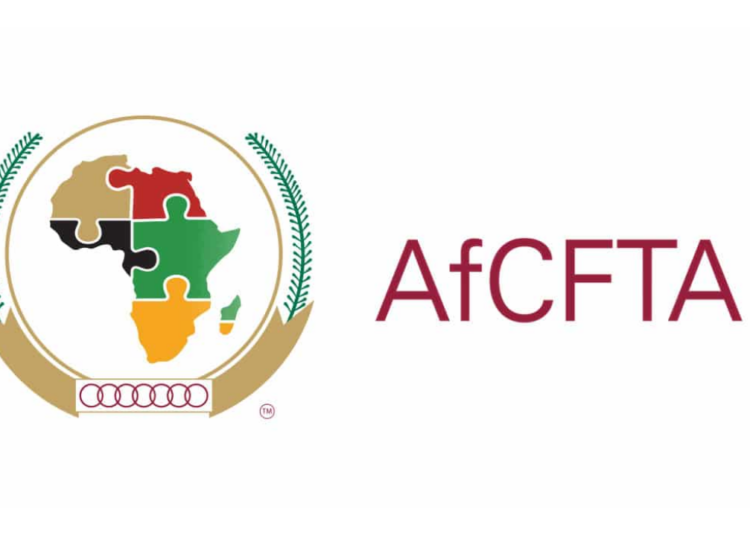Experts are advocating public-private sector collaboration to explore the full potential of African Continental Free Trade Area (AfCFTA) which is critical for Africa’s economic growth, of which Nigeria is part of.
Speaking at a Business Forum on ‘Mobilising Africa’s Private Sector for AfCFTA towards Africa’s Economic Development Amid Global Uncertainty’, on Thursday, the chairman, NEPAD Business Group Nigeria (NBGN), Bashorun Randle, while saying, Nigeria has all it takes to lead the next African growth, added that, his group stand firmly at the intersection of policy and enterprise, championing the role of the private sector as the engine of Africa’s growth and integration.
“This forum reflects the urgency and the opportunity for us as a continent to build resilience, deepen collaboration. and harness the full potential of the African Continental Free Trade Area (AfCFTA) for incisive and sustainable development. AfCFTA represents one of the most ambitious undertakings in Africa’s economic history, creating a single market of over 1.4 billion people with a combined GDP of more than 53.4 trillion., “ he pointed out.
Similarly, the Lagos State governor, Mr. Babajide Sanwo-Olu, said, AfCFTA is a strategic tool for reducing trade barriers, expanding markets, and offering value chains room to expand.
However, he said, its success lies in private sector buy-in, adding that, “governments can negotiate tariffs and treaties, but businesses must produce, export, invest, and believe in cross-border possibilities. That belief must persist even in the face of global uncertainty: volatile currency, supply chain shocks, regional instability.”
Sanwo-Olu, who was represented by the commissioner for Commerce, Cooperatives, Trade and Investment, Mrs. Folashade Kaosarat Ambrose, noted that, digital trade, e-commerce and fintech are changing how business is done, calling on “Africa must embrace technology to simplify cross-border transactions and improve efficiency. Lagos is already leading in this space as the tech capital of Nigeria – a model that can inspire other regions.”
This, he said, is the time for collaboration, not competition; for unity; not isolation, stating that, ‘if we succeed in mobilizing our private sector effectively, Africa will be able to overcome global uncertainty, emerge stronger, richer, and more self-reliant.’
Moreover, the president, Nigerian Association of Small and Medium Enterprises(NASME) who also doubles as the chairman of ESBC, Dr. Abdulrashid Ibrahim Usman Yerima, noted that, industrialisation, entrepreneurship, and innovation remain the pillars upon which strong, prosperous nations are built, saying, as private‑sector leaders—the employers of labour, the designers of value chains, the creators of opportunity—’we bear the responsibility to lead Africa out of the periphery and into relevance. Our task is to move from aspiration to achievement, from potential to performance.’
While we must also build the associative capacity of micro, small and medium enterprises(MSMEs) engaged in production and trade, he added that, collective strength is vital — because no SME can scale alone in a continental market of 1.4 billion people.
“Let us commit to forging partnerships that build trust, accelerate investment, enhance industrial capacity and empower our SMEs to scale—as local champions and global players.Though the world may be uncertain, Africa’s future is not. It is bright, because we are building it together, “ he noted.
The president, African Business Roundtable, Mr. Samuel Dossou-Aworet, pointed out that, Africa need more inflow of international capital because domestic resource mobilisation has proven to be adequate.
To him, “Africa needs to scale up its infrastructure facilities to facilitate production and ensure that Africa becomes competitive. Access to capital is key; so also, is financial inclusion. Africa needs innovative financing mechanisms to complement traditional Banking instruments.
“In terms of trade, Africa needs market access and trade facilitation to enable African products to access the markets of the countries of the developed world.”





